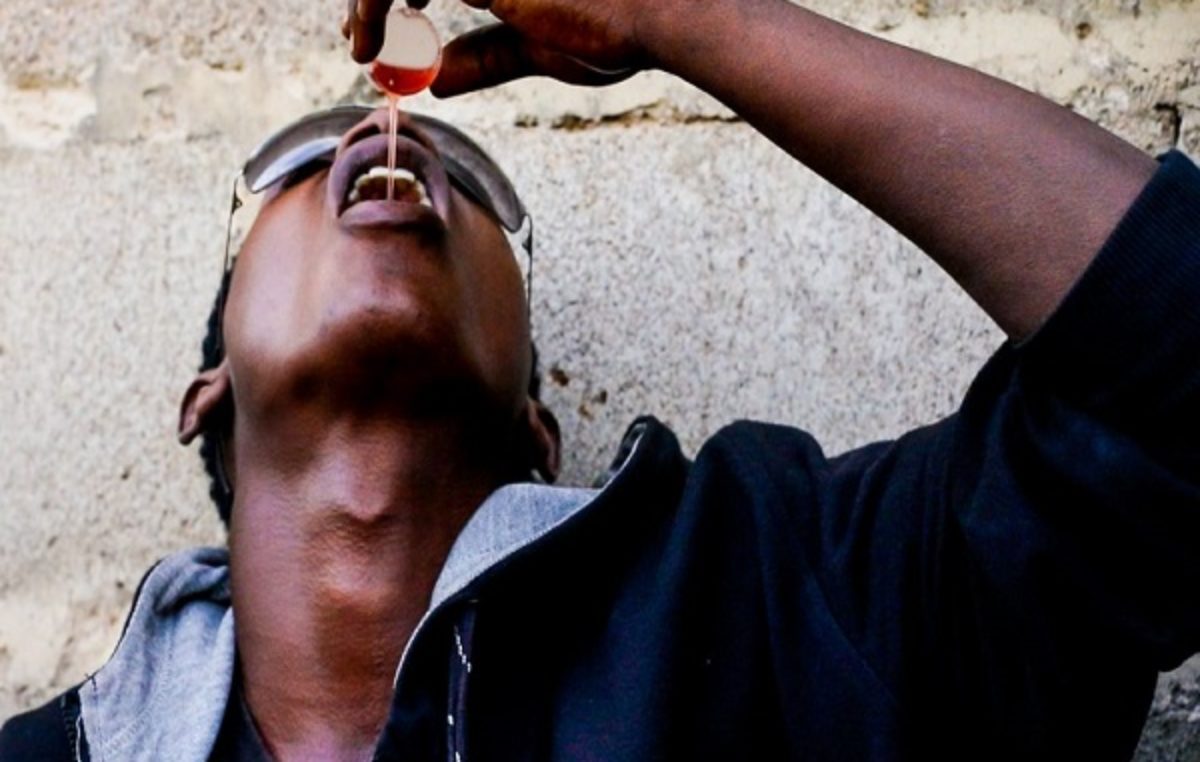Lassa Fever: NCDC Confirms 16 Deaths In 8 States
The Nigeria Centre for Diseases Control, NCDC, has confirmed 16 deaths from 60 cases of Lassa fever even as 590 out of 593 contacts are currently under watch in eight States of the Federation since the beginning of the year.
Giving this development in an update, the Director General of the NCDC, Dr. Chikwe Ihekweazu, said machinery was in place to contain the outbreak.
“Given this increase in reported cases of Lassa fever, the Nigeria Centre for Disease Control has declared this an outbreak and activated an Emergency Operations Centre (EOC) to coordinate the response.”
He said as at 13th of January, a total of 60 confirmed cases have been reported in eight states.”
According to the latest situation report from 1st to 13th January 2019, a total of 172 suspected Lassa fever cases were reported.
Of these, 60 were confirmed positive and 112 negative (not a case). “Since the onset of the 2019 outbreak, there have been 16 deaths in confirmed cases. Case fatality rate in confirmed cases is 26.7 percent. Eight states (Edo, Ondo, Bauchi, Nasarawa Ebonyi, Plateau, Taraba and FCT) have recorded at least one confirmed case across 17 Local Government Areas,” the report stated.
“In the reporting week 02, no new healthcare worker was affected but 46 patients are currently being managed, 20 at Irrua Specialist Teaching Hospital (ISTH) Treatment Centre, 18 at the Federal Medical Centre Owo, three in Bauchi and five in Ebonyi States.
“A total of 593 contacts have been identified from eight states while 590 are currently under follow up and three are symptomatic positive contacts.
Meanwhile a National rapid response team has been deployed to Bauchi state.”
Ihekweazu said recent epidemiological data shows that this trend usually occurs during the dry season, between January and April, noting that the Lassa fever national multi-partner, multi-agency Technical Working Group (TWG) continues to coordinate response activities at all levels.
“In preparation for this year’s emergency phase, NCDC has been providing support to states including the provision of emergency supplies and deployment of Rapid Response Teams (RRT).
“The RRTs will work with states in response coordination, contact tracing, case management, risk communication and strengthening infection prevention and control practices,” Ihekweazu noted.
Since the Lassa fever outbreak in 2018, NCDC has worked with states to ensure better preparedness and improved response.
“In the last one year, guidelines have been revised, new data management tools have been developed and the laboratory network has been strengthened.
Additionally, risk communications has been strengthened through radio, posters, flyers and social media. “A national research plan has been developed, to enable its full integration into the outbreak response to gain a better understanding of the disease,” the Director General said.




